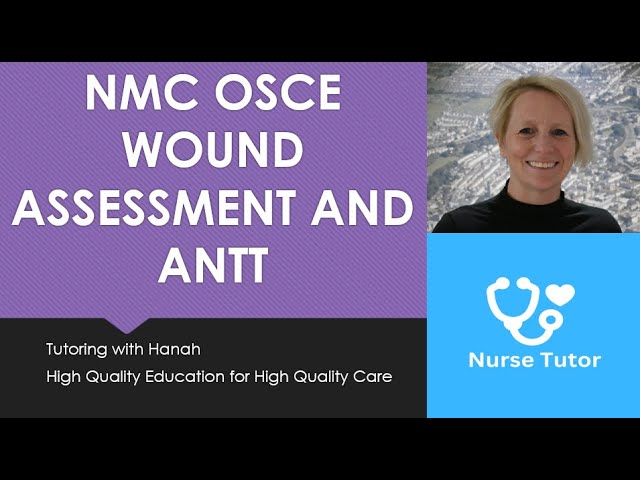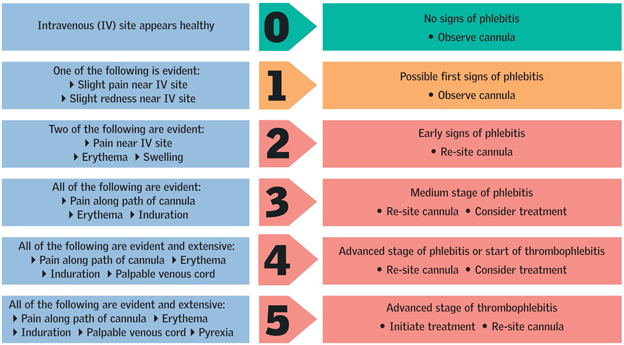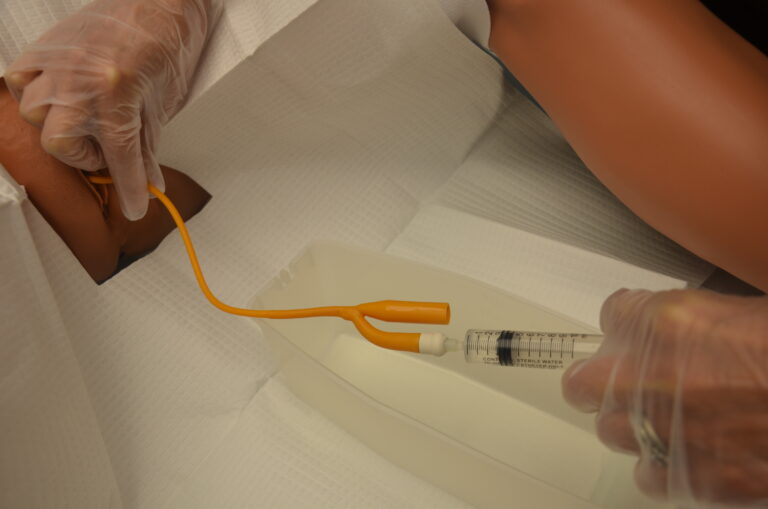Mastering the UK NMC OSCE Exam Everything To Know
Mastering the UK NMC OSCE Exam Everything To Know

Embarking on a career in nursing in the UK involves passing the Nursing and Midwifery Council (NMC) Objective Structured Clinical Examination (OSCE). This exam is designed to assess a candidate’s practical skills and competence, ensuring they can practice safely and effectively within the UK healthcare system. Here’s a comprehensive guide to help you master the UK NMC OSCE exam.
Understanding the UK NMC OSCE Exam
The NMC OSCE is a standardized assessment that evaluates a candidate’s ability to apply theoretical knowledge and clinical skills in simulated scenarios. It consists of ten stations, each focusing on different aspects of nursing practice, such as:
- Communication
- Medication Administration
- Clinical Assessments
- Emergency Situations
Candidates must demonstrate competence in areas like patient safety, effective communication, infection control, and professional conduct1.
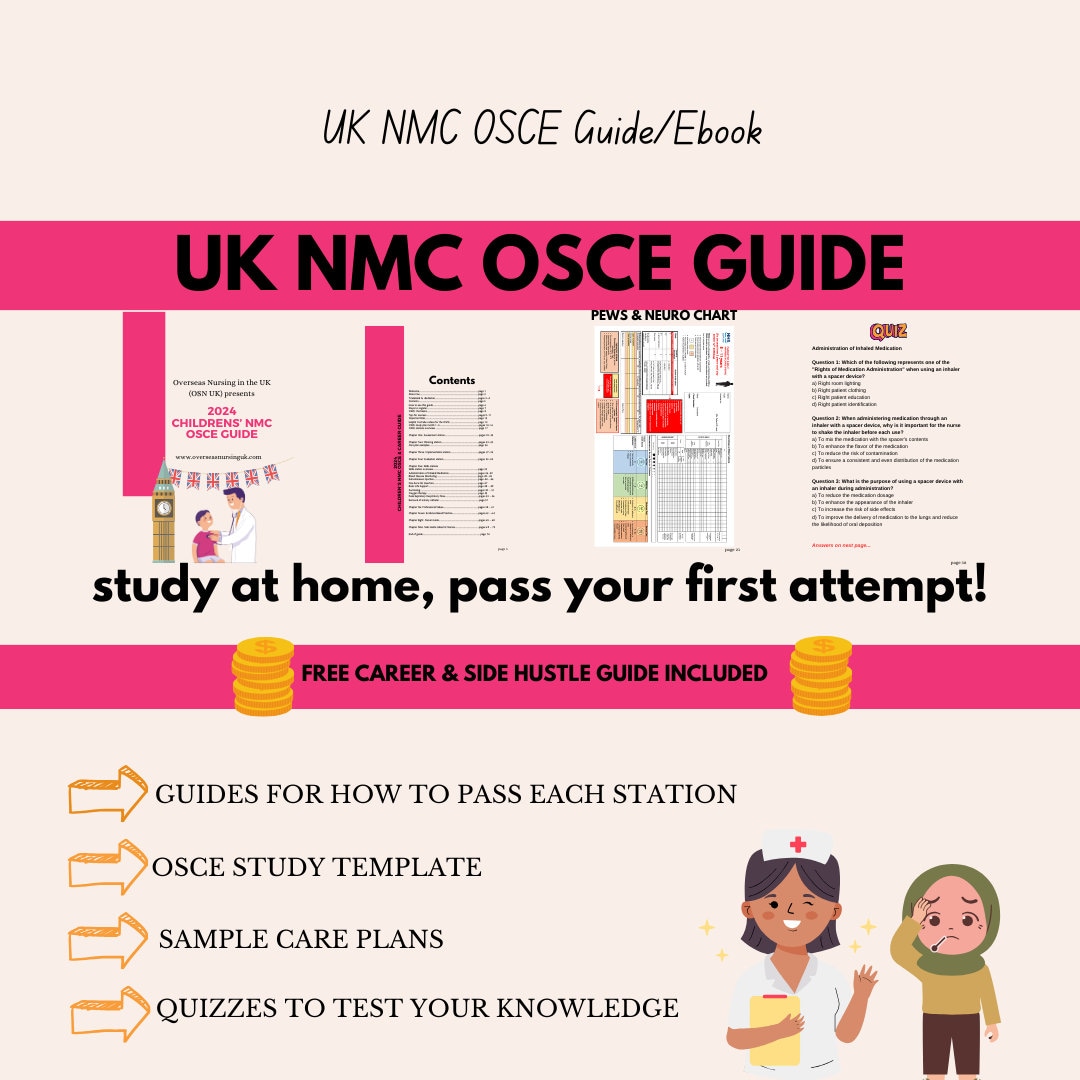
Preparing for the OSCE
1. Familiarize Yourself with the Exam Format:
- Understand the number of stations, the types of tasks, and the scoring system.
- Each station typically lasts around 15 minutes and assesses different skills and scenarios.
2. Study Resources:
- Use the NMC’s official resources and guidelines.
- Engage with approved OSCE training providers who offer comprehensive preparation courses1.
3. Practice Clinical Skills:
- Regularly practice the clinical skills that will be tested.
- Focus on areas such as patient assessments, medication administration, and emergency response.
4. Develop Communication Skills:
- Effective communication is crucial. Practice active listening, clear communication, and empathy.
- Simulate interactions with patients, colleagues, and examiners to build confidence.
5. Prioritize Patient Safety:
- Always prioritize patient safety in your practice.
- Ensure you are familiar with infection control protocols and safe medication administration practices.
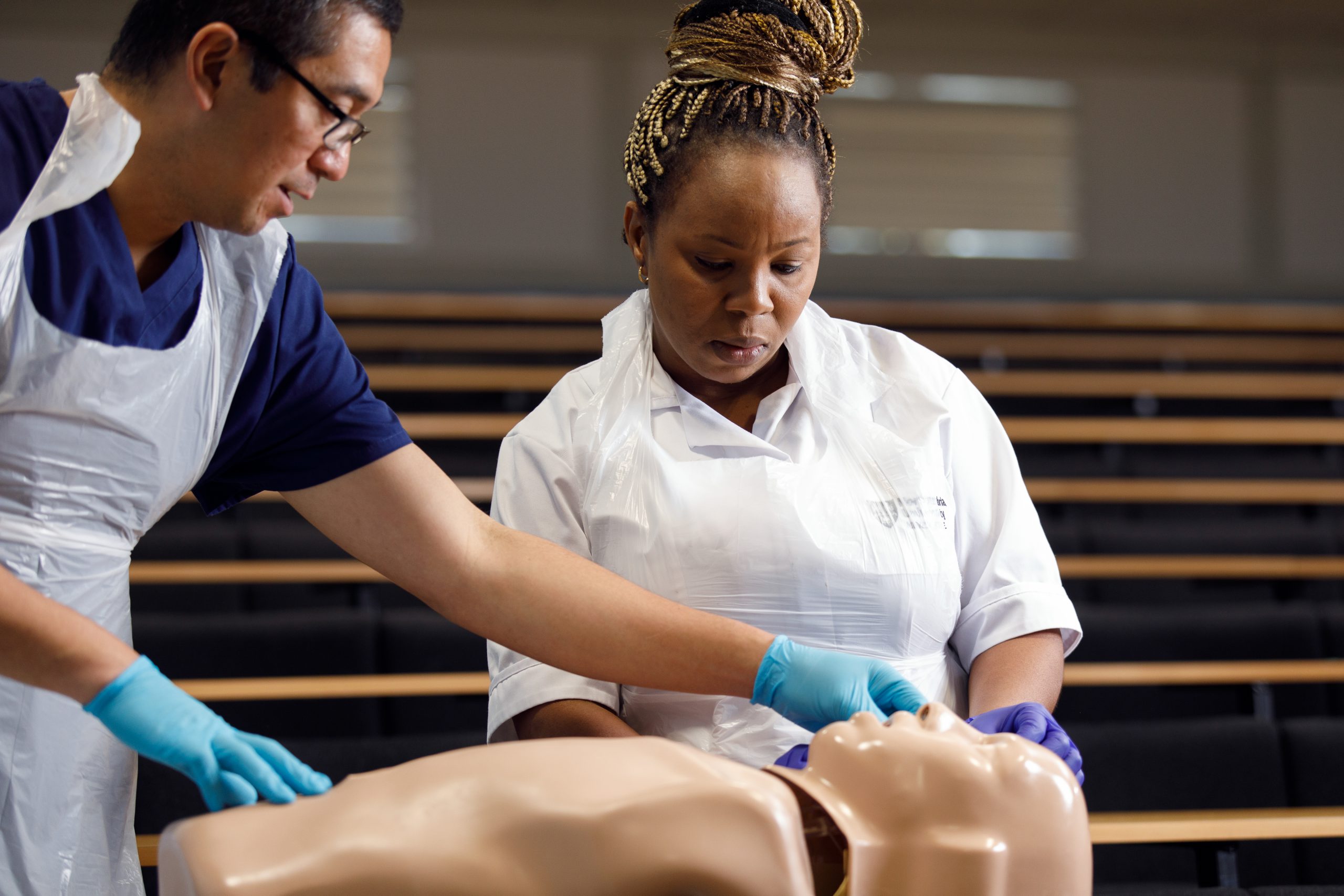
Tips for Success
1. Remain Calm and Focused:
- Maintain a composed demeanor during the exam.
- Focus on each station one at a time and manage stress with deep breaths.
2. Communicate Effectively:
- Demonstrate empathy, respect, and professionalism in your interactions.
- Practice clear and concise communication.
3. Time Management:
- Be mindful of the time allocated for each station.
- Practice completing tasks within the given time frame.

On the Day of the OSCE
1. Dress Appropriately:
- Wear professional attire suitable for a clinical setting.
2. Bring Necessary Documents:
- Ensure you have all required identification and documentation.
3. Follow Instructions:
- Listen carefully to the instructions given at each station.
- Clarify any doubts before starting the tasks.
Approved OSCE Training Providers
Engaging with trainers who are approved or accredited ensures that they meet certain standards of competence, professionalism, and quality in their training delivery. Approved OSCE trainers provide training based on the latest test of competence required by the NMC1.
Conclusion
Mastering the UK NMC OSCE exam requires thorough preparation, practical experience, and effective exam strategies. By understanding the exam format, practicing clinical skills, and focusing on communication and patient safety, you can increase your chances of success. Remember to stay calm, manage your time effectively, and approach each station with confidence.

